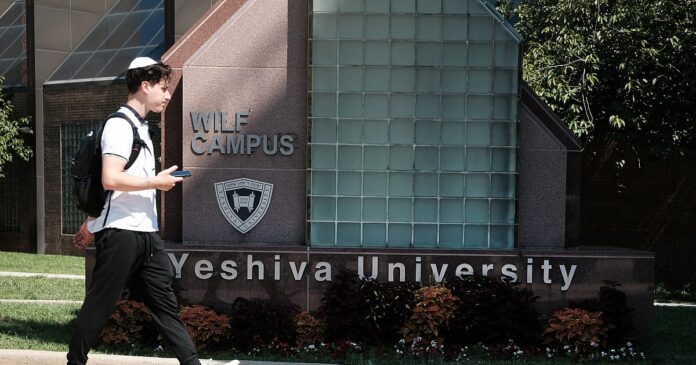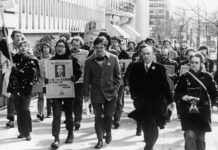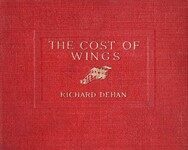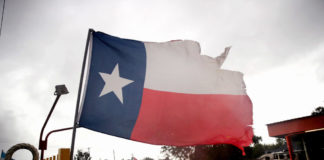
For two years, Yeshiva University President Ari Berman has defended his decision not to recognize a gay student club. But last week, Berman and the Becket Fund for Religious Liberty failed to convince the U.S. Supreme Court to halt a New York order that forces Yeshiva to recognize YU Pride Alliance.
On Friday, he made another difficult decision: to suspend all student club activities at Yeshiva’s New York City campuses in Manhattan and the Bronx.
Neither decision means Yeshiva is abandoning gay students, the university president said.
“[O]ur commitment to and love for our LGBTQ students are unshakeable,” Berman said in a statement. “We continue to extend our hand in invitation to work together to create a more inclusive campus life consistent with our Torah values.”
Those values typify the crux of the case. Torah, in its strictest sense, denotes the first five books of the Hebrew Bible that include prohibitions against homosexual behavior. Yeshiva follows that tradition closely, but as a Modern Orthodox university it also pursues what it calls a positive engagement with contemporary culture.
Natan Ehrenreich sees the tension between the two. A political science major from Cleveland, Ohio, Ehrenreich plans to graduate from Yeshiva University next year and attend law school. In June, he authored a rebuttal to the YU Pride Alliance ruling by New York trial court Judge Lynn Kotler.
“I very much believe—and I very much think the university believes—that every human being is created in the image of God,” Ehrenreich said. … No human being is inherently lesser because of their sexual orientation. And that’s something that Orthodox Jews, in my opinion, should and must strongly adhere to.”
At the same time, Ehrenreich said the university cannot give its stamp of approval or funding to a student group at odds with Orthodox practice.
Kotler cited 1967 amendments to Yeshiva’s charter in ruling the university is an educational corporation, not a religious corporation. That status prevents Yeshiva from claiming a religious exception to New York City’s nondiscrimination law, the judge ruled. Kotler rejected the university’s free speech claim because “formal recognition of a student group does not equate to endorsement with that group’s message.”
The Supreme Court’s 5-4 decision allows Kotler’s order to remain in place until New York appeals are exhausted. Justice Samuel Alito, in a dissenting opinion joined by three other justices, concluded that New York courts had effectively denied any appeals.
“Yeshiva would likely win if its case came before us,” Alito wrote. “A state’s imposition of its own mandatory interpretation of scripture is a shocking development that calls out for review.”
Yeshiva University has denied student club applications before, Ehrenreich said, citing bids by a potential Jewish fraternity and a gun club. Yet the LGBT club case has raised questions about the university’s fairness on a divisive cultural issue.
“If you lose the ability for Orthodox Jews to educate their children in Orthodox Jewish institutions in … adherence to their tradition, if you don’t have that ability, then I think you’ve lost something that has made America a unique place,” Ehrenreich said. “And I do worry about the nation’s flagship Jewish university being told by the courts that it has to recognize a student club, which I really do think violates the tenets that the school fundamentally believes in.”







